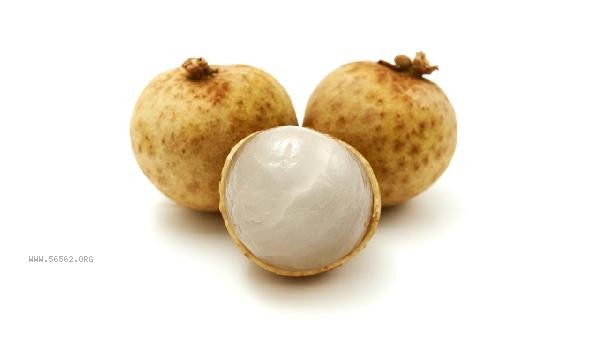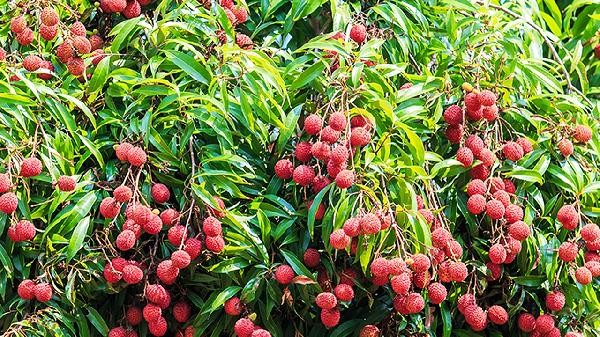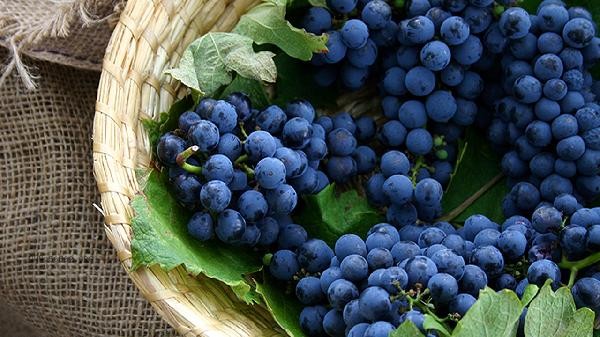A fruit with a belly full of seeds is usually pomegranate. Pomegranate fruit is filled with juicy red seed coat wrapped seeds, which can be eaten fresh or juiced. It is rich in vitamin C, polyphenols, and dietary fiber, and has antioxidant properties. The seeds of pomegranate are composed of outer seed coat, inner seed coat, and embryo, and the edible part is the juicy outer seed coat. Mature pomegranate seeds are semi transparent ruby red in color, with a sweet, sour, and crisp taste. Pomegranate seeds contain antioxidant components such as tannic acid and anthocyanins, which help to eliminate free radicals. The antioxidant capacity of fresh pomegranate juice exceeds that of red wine and green tea, and moderate consumption is beneficial for cardiovascular health. Some varieties, such as soft seed pomegranate, have seeds that are relatively soft and can be swallowed directly, while traditional hard seed pomegranate is recommended to spit out residue after chewing. Pomegranate seeds contain a small amount of insoluble dietary fiber, and those with weak gastrointestinal function need to control their intake. Pomegranate peel contains high levels of tannins, so it is important to avoid biting through the bitter yellow diaphragm when consuming.

It is recommended to choose pomegranates with tight skin and bright color, which can be stored in a cool place for a longer period of time. Pomegranate seeds can be paired with yogurt and salads for consumption, and filtering the residue during juice extraction can enhance the taste. Special populations such as those with irritable bowel syndrome should reduce their food intake to avoid exacerbating bloating symptoms.











Comments (0)
Leave a Comment
No comments yet
Be the first to share your thoughts!